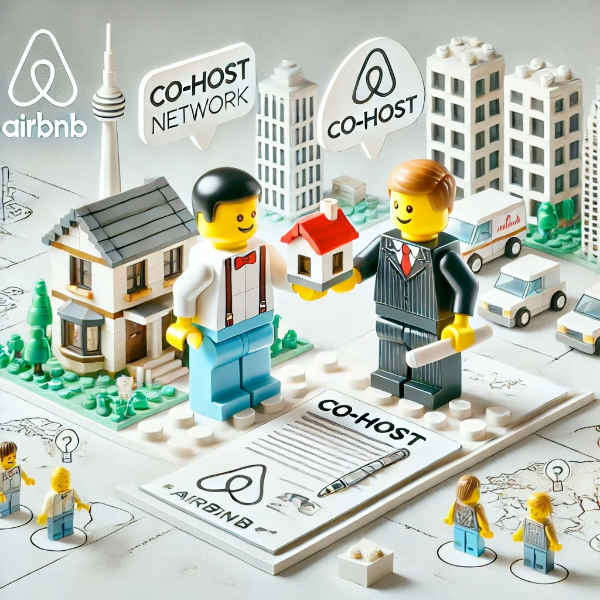Weekly Radar #322: The Sustainable Construction Merry-go-round, Pressing Property Management

In this Weekly Radar, we cover:
- Brimstone, CarbonCure, Mycocycle, and Mogu provide diverse decarbonization solutions for construction, focusing on circular economy approaches.
- Airbnb's Co-Host Network aims to lower hosting barriers, potentially reducing traditional property management fees while relying on human, not AI, co-hosts.
- The GEM Proptech Index had a combined market cap of $239.942B, a 2.83% increase from the previous week.
As always, links surrounded by the ❇️ emoji indicate exclusive GEM Diamond content. If you would like to have access to all links, please consider GEM Diamond membership.
Geek Estate Blog Recap:




Transmission Recap:
Most recently, Drew Meyers talked about how 40 year listing agreements have been rightly outed but securing long-term homeowner relationships doesn’t have to be predatory. Before that, Drew Meyers discussed how founders must be ready to answer key investor questions on distribution, unit economics, and leadership to secure funding.
CLIMATE
THE SUSTAINABLE CONSTRUCTION MERRY-GO-ROUND
By: Logan Nagel
In the sustainable construction materials landscape, there are many ways to accomplish decarbonization objectives. For instance, Brimstone uses low-carbon materials to create carbon, while CarbonCure injects carbon previously emitted by other processes into concrete, locking it away for posterity.

Two other companies profiled in a recent article take a different approach, instead using the capabilities of fungus to handle construction waste. Mycocycle uses construction waste like asphalt shingles and, using fungus, transforms them into new fiber materials and polymers for future use. Mogu recycles waste from agriculture and food production and uses fungus to manufacture flooring, wall, and ceiling panels. These companies don’t need to, and likely won’t, compete head to head. A circular construction economy requires solutions for every type of waste—and every type of material needed to construct a home, office, or factory. Instead, look for consolidation amongst circular economy firms. Perhaps in the future, one company will utilize a range of technologies to turn every type of construction waste into every type of construction material.
BUILT WORLD
CO-OWNING UPSIDE FOR THE LITTLE GUY
By: Drew Meyers
The headline of Airbnb's 2024 Winter release is the announcement of its Co-Host Network. The goal is to increase supply, by giving the ability for "co-hosts [to] provide personalized support based on [a host's] needs, from listing setup to managing bookings, and communicating with guests." With markets like Vilas County Wisconsin that "require short-term rental hosts to have a representative who lives nearby," according to Inman, Airbnb is attempting to "lower the threshold for people who are interested in becoming a host for the first time." According to PhocusWire, the host and the co-host communicate directly to "establish the scope of the partnership and the fee for the services – none of which goes to Airbnb." The marketplace already has "10,000 co-hosts in 10 countries - the United States, United Kingdom, Canada, Mexico, France, Germany, Italy, Spain, Australia and Brazil."



